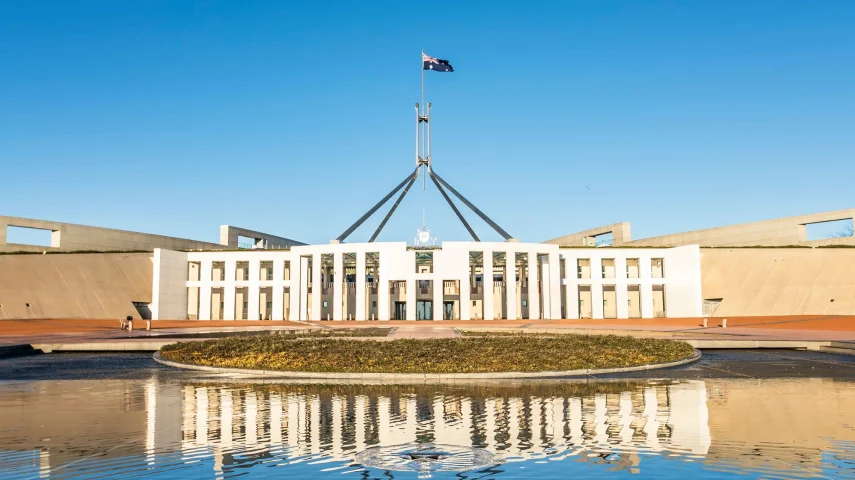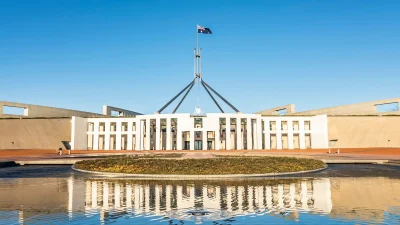DBFO bill passes Senate



The Delivering Better Financial Outcomes bill has been passed in the Senate.
The first Delivering Better Financial Outcomes bill passed the Senate on 4 July and is expected to sail through the House of Representatives.
The bill has to return to the lower house due to the last-minute amendment that was made by the government this morning. However, it is understood that this is a formality and that the lower house will give it the green light before its five-week winter break.
Minister for Financial Services, Stephen Jones, moved parliamentary amendments to omit language in paragraph 99FA(1)(a) which would require that the financial product advice, in respect of which costs are charged, is wholly or partly about the member’s interest in the fund; and repeal paragraph 99FA(1)(b), which would require that the amount charged does not exceed the cost of providing financial product advice about the member’s interest in the fund.
“These changes are intended to give trustees assurance that the bill does not alter the current regulatory approach and that they may continue to utilise robust risk-based assurance processes,” the supplementary explanatory memorandum reads.
Expounding on this, it further explains that those two requirements replicate existing requirements in the SIS Act.
“Trustees are subject to the sole purpose test in section 62 of the SIS Act, which requires trustees to ensure that the fund is maintained to provide benefits to the member. In addition, trustees have a duty to act in the best financial interests of the member under paragraph 52(2)(c) of the SIS Act.
“These broader obligations already apply to trustees exercising their discretion to charge relevant fees for personal advice to the member in accordance with section 99FA (the original section and as amended). It is expected that in complying with section 99FA, as amended by these parliamentary amendments, trustees would continue to ensure the relevant advice and costs relate to the member’s interest in the fund in order to satisfy their broader obligations.”
The document highlights that, “considering those broader obligations”, trustees still maintain the discretion on whether to pay the cost of financial product advice at the request or consent of a member.
“As such, removal of the references to the member’s interest in the fund does not, and is not intended to, impact the existing regulatory requirements and consumer safeguards applicable under the SIS Act in relation to financial advice,” the explanatory document adds.
It also clarifies that minor amendments have been made to language about providing advice, to more clearly address the range of situations in which financial product advice may be provided or procured.
Moreover, the document asserts that trustees are expected to continue to take a robust, risk-based approach to comply with their obligations under section 99FA as amended and the SIS Act more broadly.
Recommended for you
Recommendations by the FSC around implementing a practicing certificate framework for advisers would be burdensome and add little value for AFSLs, according to SIAA.
The RBA has made its latest interest rate decision at the the final monetary policy meeting of 2025.
AZ NGA has acquired Sydney-based advice and wealth management firm Financial Decisions, allowing its CEO to step back and focus on providing advice.
State Street is actively seeking to launch ETFs in the Australian government, corporate and high yield bond space next year in order to capitalise on the phase-out of AT1 hybrids.











